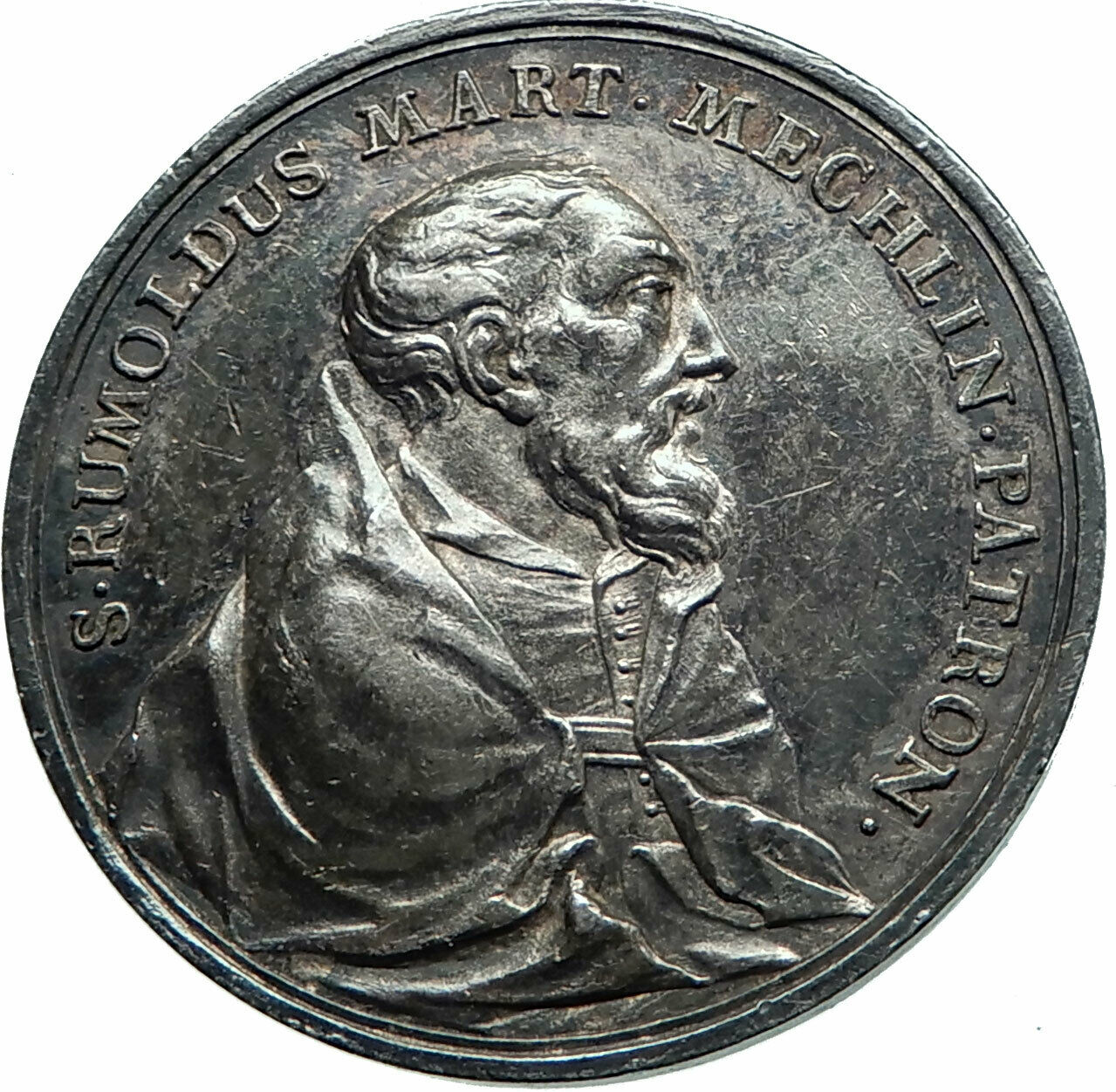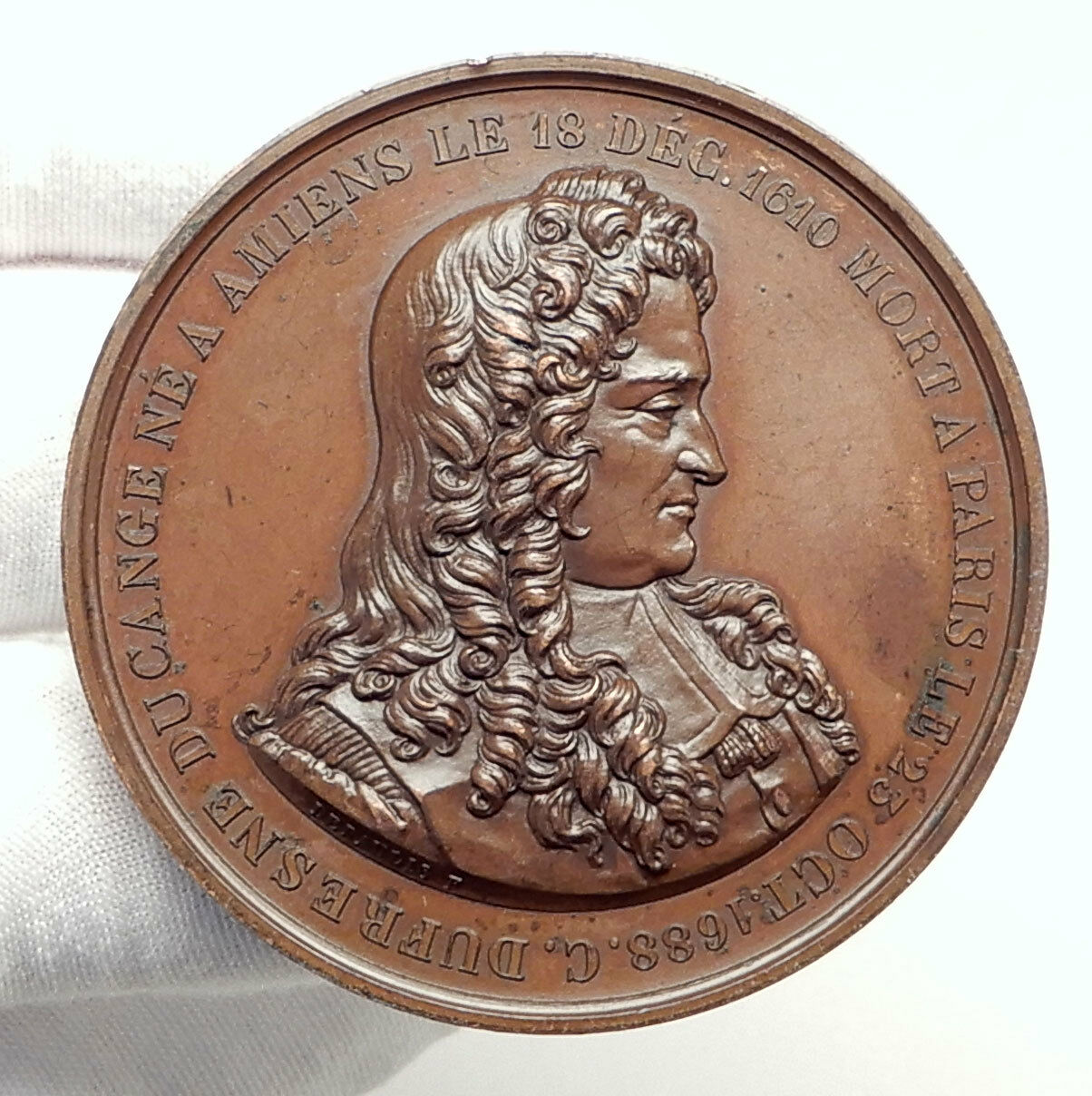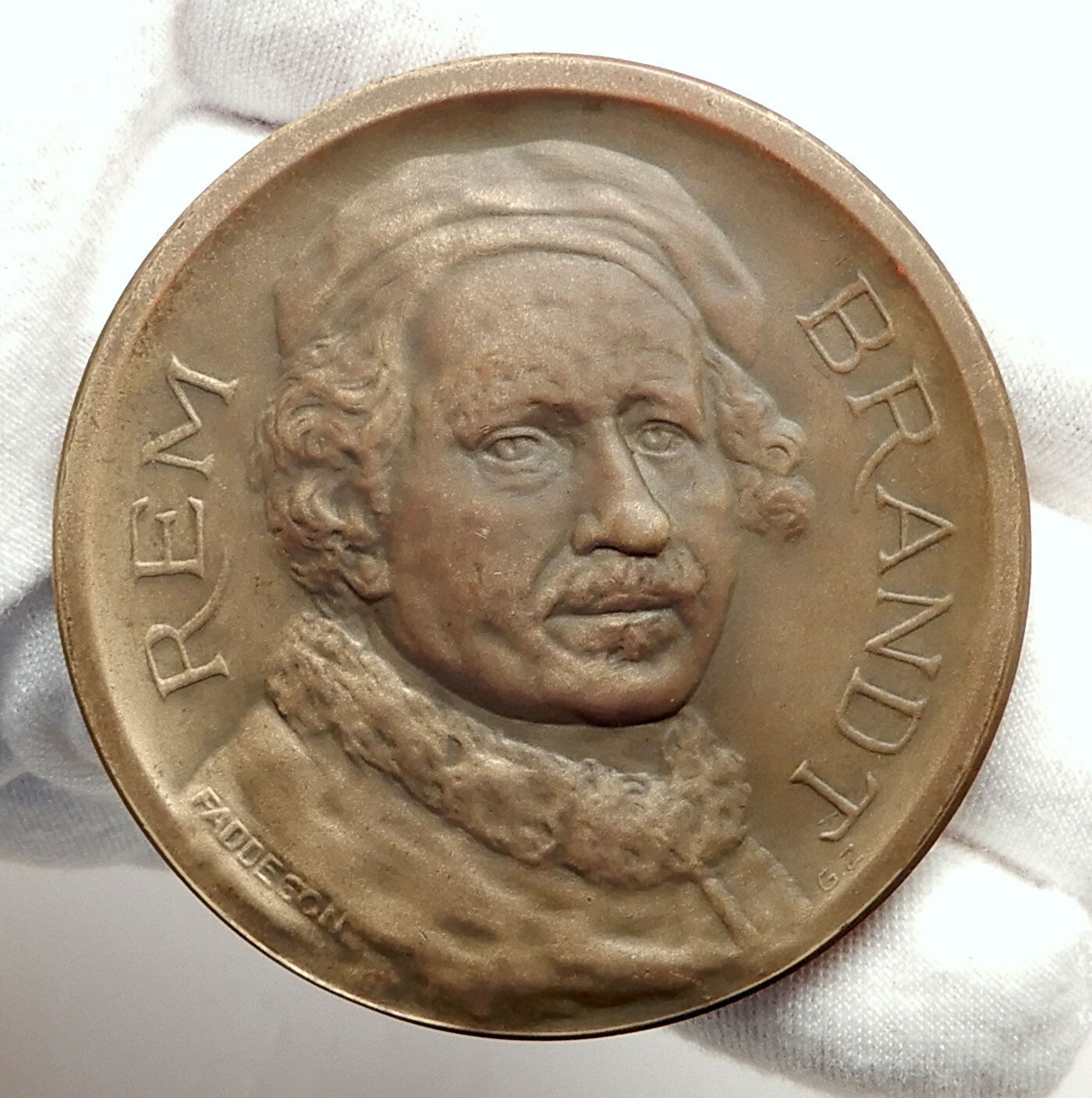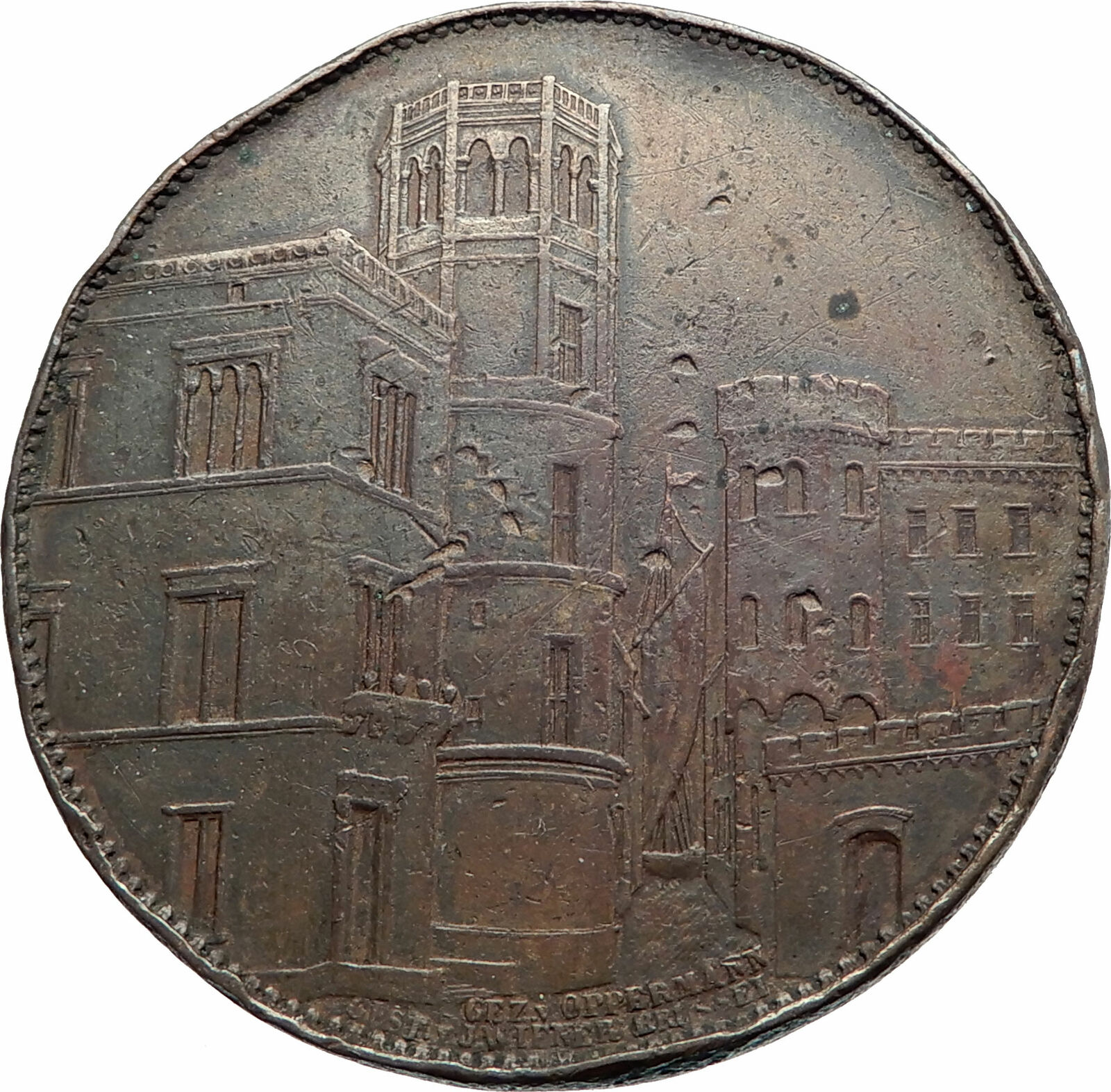|
Germany – First Transatlantic Flight
Hermann Kohl and Von Hunefeld
1928 Silver Medal 36mm (24.05 grams) 0.900 Silver
VON HUNEFELD HERMANN KOHL 13.APRIL 1928., Two pilots facing left.
ALLEN GEWALTEN ZUM TROTZ SICH ERHALTEN BREMEN, Airplane in clouds above water.
Edge Lettering:
BAYER HAUPMUNZA MT. SILBER 900 f.
You are bidding on the exact item pictured, provided with a Certificate of Authenticity and Lifetime Guarantee of Authenticity.
.jpg/250px-Koehl,_Capt._Hermann_(4728499585).jpg) Hermann Köhl (15 April 1888 – 7 October 1938) was a German aviation pioneer and pilot of the first transatlantic flight by a fixed-wing aircraft from East to West. Hermann Köhl (15 April 1888 – 7 October 1938) was a German aviation pioneer and pilot of the first transatlantic flight by a fixed-wing aircraft from East to West.
Köhl was born in Neu-Ulm, Bavaria, as one of eight children. At the age of 19 he joined the German Imperial Army to become an officer like his father. At the beginning of World War I he was a Lieutenant in the Württembergisches Pionier-Bataillon Nr.13 (“13th Württemberg Pioneer Battalion”). After being wounded in the legs, which disqualified him for further service in the engineers, he volunteered to join the German Army Air Service. He became a pilot and later a commander of a Bomber Squadron, and received the Pour le Mérite in 1918. He crashed his aircraft behind enemy lines and was captured and held as a POW in France, but managed to escape and returned to Germany.
After the end of World War I he worked for the German Police and for the Reichswehr, but in 1925, he transferred to civil aviation and became the head of the Deutsche Luft Hansa Nightflight Branch in 1926.
Transatlantic flight
 After Charles Lindbergh crossed the Atlantic from West to East in May 1927, the idea of flying in the opposite direction, which is more difficult because of the prevailing winds, became more and more popular. In 1927, Ehrenfried Günther Freiherr von Hünefeld bought two Junkers W 33 aircraft from the Junkers company in Dessau, naming them after the two Norddeutscher Lloyd flagships SS Bremen and SS Europa. His plans were supported by Hugo Junkers. After some test flights, and breaking the record for flight duration, Hünefeld and Köhl flew to Baldonnel, Ireland, where they met James C. Fitzmaurice, the Irish Air Corps Commandant of the Baldonnel Aerodrome. On 12 April 1928, these three left Baldonnel in the Bremen and crossed the Atlantic Ocean, landing at Greenly Island on the south coast of Labrador, Canada. Even though they missed their intended destination, New York City, they were the first to cross the Atlantic by fixed-wing aircraft from Europe to America, almost nine years after the initial success at an east-west crossing by a British rigid airship. After Charles Lindbergh crossed the Atlantic from West to East in May 1927, the idea of flying in the opposite direction, which is more difficult because of the prevailing winds, became more and more popular. In 1927, Ehrenfried Günther Freiherr von Hünefeld bought two Junkers W 33 aircraft from the Junkers company in Dessau, naming them after the two Norddeutscher Lloyd flagships SS Bremen and SS Europa. His plans were supported by Hugo Junkers. After some test flights, and breaking the record for flight duration, Hünefeld and Köhl flew to Baldonnel, Ireland, where they met James C. Fitzmaurice, the Irish Air Corps Commandant of the Baldonnel Aerodrome. On 12 April 1928, these three left Baldonnel in the Bremen and crossed the Atlantic Ocean, landing at Greenly Island on the south coast of Labrador, Canada. Even though they missed their intended destination, New York City, they were the first to cross the Atlantic by fixed-wing aircraft from Europe to America, almost nine years after the initial success at an east-west crossing by a British rigid airship.
For his feat, Köhl was awarded the Distinguished Flying Cross by Calvin Coolidge, the President of the United States.
In 1935, Köhl lost his job with Luft Hansa. As a devout Catholic and a man of strong character he then retired to a small farm in the south of Germany, rather than curry favour with the National Socialists.
Köhl died in Munich in 1938 from a kidney disease that he contracted during his flights. He was buried in Pfaffenhofen an der Roth.
 Ehrenfried Günther Freiherr von Hünefeld (1 May 1892 – 5 February 1929) was a German aviation pioneer and initiator of the first transatlantic aeroplane flight from East to West. Ehrenfried Günther Freiherr von Hünefeld (1 May 1892 – 5 February 1929) was a German aviation pioneer and initiator of the first transatlantic aeroplane flight from East to West.
Hünefeld was born in Königsberg, East Prussia, the son of the owner of Braxeinswalde near Preußisch Eylau, where he grew up. He was blind on his left eye and near-sighted on his right, and his childhood was characterized by several serious diseases. After attending school in Berlin, he studied at Berlin University and came in contact with the first flight pioneers at Berlin’s Johannisthal Air Field. At the beginning of World War I he tried to join the German Air Service as a volunteer, but was rejected due to his poor health. After that he volunteered again as a motorcyclist, and was wounded in September 1914 in Flanders, which led to a shortened left leg. Due to his handicaps he could not return to service and joined the German Diplomatic Service, serving in Sofia, Constantinople, and as an Imperial Vice Consul in the Netherlands. After the end of World War I he stayed in the Netherlands for one and a half years with the German Crown Prince Wilhelm, before returning to Germany, where he worked as spokesman for the Norddeutscher Lloyd shipping company in Bremen.
  Germany, officially the Federal Republic of Germany is a federal parliamentary republic in western-central Europe. It includes 16 constituent states and covers an area of 357,021 square kilometres (137,847 sq mi) with a largely temperate seasonal climate. Its capital and largest city is Berlin. With 81 million inhabitants, Germany is the most populous member state in the European Union. After the United States, it is the second most popular migration destination in the world. Germany, officially the Federal Republic of Germany is a federal parliamentary republic in western-central Europe. It includes 16 constituent states and covers an area of 357,021 square kilometres (137,847 sq mi) with a largely temperate seasonal climate. Its capital and largest city is Berlin. With 81 million inhabitants, Germany is the most populous member state in the European Union. After the United States, it is the second most popular migration destination in the world.
Various Germanic tribes have occupied northern Germany since classical antiquity. A region named Germania was documented before 100 CE. During the Migration Period the Germanic tribes expanded southward. Beginning in the 10th century, German territories formed a central part of the Holy Roman Empire. During the 16th century, northern German regions became the centre of the Protestant Reformation.
The rise of Pan-Germanism inside the German Confederation resulted in the unification of most of the German states in 1871 into the Prussian-dominated German Empire. After World War I and the German Revolution of 1918-1919, the Empire was replaced by the parliamentary Weimar Republic. The establishment of the Third Reich in 1933 led to World War II and the Holocaust. After 1945, Germany split into two states, East Germany and West Germany. In 1990, the country was reunified.
 In the 21st century, Germany is a great power and has the world’s fourth-largest economy by nominal GDP, as well as the fifth-largest by PPP. As a global leader in several industrial and technological sectors, it is both the world’s third-largest exporter and importer of goods. Germany is a developed country with a very high standard of living sustained by a skilled and productive society. It upholds a social security and universal health care system, environmental protection and a tuition free university education. In the 21st century, Germany is a great power and has the world’s fourth-largest economy by nominal GDP, as well as the fifth-largest by PPP. As a global leader in several industrial and technological sectors, it is both the world’s third-largest exporter and importer of goods. Germany is a developed country with a very high standard of living sustained by a skilled and productive society. It upholds a social security and universal health care system, environmental protection and a tuition free university education.
Germany was a founding member of the European Union in 1993. It is part of the Schengen Area, and became a co-founder of the Eurozone in 1999. Germany is a member of the United Nations, NATO, the G8, the G20, and the OECD. The national military expenditure is the 9th highest in the world. Known for its rich cultural history, Germany has been continuously the home of influential artists, philosophers, musicians, sportsmen, entrepreneurs, scientists and inventors.
|









.jpg/250px-Koehl,_Capt._Hermann_(4728499585).jpg) Hermann Köhl (15 April 1888 – 7 October 1938) was a German aviation pioneer and pilot of the first transatlantic flight by a fixed-wing aircraft from East to West.
Hermann Köhl (15 April 1888 – 7 October 1938) was a German aviation pioneer and pilot of the first transatlantic flight by a fixed-wing aircraft from East to West.  After Charles Lindbergh crossed the Atlantic from West to East in May 1927, the idea of flying in the opposite direction, which is more difficult because of the prevailing winds, became more and more popular. In 1927, Ehrenfried Günther Freiherr von Hünefeld bought two Junkers W 33 aircraft from the Junkers company in Dessau, naming them after the two Norddeutscher Lloyd flagships SS Bremen and SS Europa. His plans were supported by Hugo Junkers. After some test flights, and breaking the record for flight duration, Hünefeld and Köhl flew to Baldonnel, Ireland, where they met James C. Fitzmaurice, the Irish Air Corps Commandant of the Baldonnel Aerodrome. On 12 April 1928, these three left Baldonnel in the Bremen and crossed the Atlantic Ocean, landing at Greenly Island on the south coast of Labrador, Canada. Even though they missed their intended destination, New York City, they were the first to cross the Atlantic by fixed-wing aircraft from Europe to America, almost nine years after the initial success at an east-west crossing by a British rigid airship.
After Charles Lindbergh crossed the Atlantic from West to East in May 1927, the idea of flying in the opposite direction, which is more difficult because of the prevailing winds, became more and more popular. In 1927, Ehrenfried Günther Freiherr von Hünefeld bought two Junkers W 33 aircraft from the Junkers company in Dessau, naming them after the two Norddeutscher Lloyd flagships SS Bremen and SS Europa. His plans were supported by Hugo Junkers. After some test flights, and breaking the record for flight duration, Hünefeld and Köhl flew to Baldonnel, Ireland, where they met James C. Fitzmaurice, the Irish Air Corps Commandant of the Baldonnel Aerodrome. On 12 April 1928, these three left Baldonnel in the Bremen and crossed the Atlantic Ocean, landing at Greenly Island on the south coast of Labrador, Canada. Even though they missed their intended destination, New York City, they were the first to cross the Atlantic by fixed-wing aircraft from Europe to America, almost nine years after the initial success at an east-west crossing by a British rigid airship.  Ehrenfried Günther Freiherr von Hünefeld (1 May 1892 – 5 February 1929) was a German aviation pioneer and initiator of the first transatlantic aeroplane flight from East to West.
Ehrenfried Günther Freiherr von Hünefeld (1 May 1892 – 5 February 1929) was a German aviation pioneer and initiator of the first transatlantic aeroplane flight from East to West. 
 Germany, officially the Federal Republic of Germany is a federal parliamentary republic in western-central Europe. It includes 16 constituent states and covers an area of 357,021 square kilometres (137,847 sq mi) with a largely temperate seasonal climate. Its capital and largest city is Berlin. With 81 million inhabitants, Germany is the most populous member state in the European Union. After the United States, it is the second most popular migration destination in the world.
Germany, officially the Federal Republic of Germany is a federal parliamentary republic in western-central Europe. It includes 16 constituent states and covers an area of 357,021 square kilometres (137,847 sq mi) with a largely temperate seasonal climate. Its capital and largest city is Berlin. With 81 million inhabitants, Germany is the most populous member state in the European Union. After the United States, it is the second most popular migration destination in the world. In the 21st century, Germany is a great power and has the world’s fourth-largest economy by nominal GDP, as well as the fifth-largest by PPP. As a global leader in several industrial and technological sectors, it is both the world’s third-largest exporter and importer of goods. Germany is a developed country with a very high standard of living sustained by a skilled and productive society. It upholds a social security and universal health care system, environmental protection and a tuition free university education.
In the 21st century, Germany is a great power and has the world’s fourth-largest economy by nominal GDP, as well as the fifth-largest by PPP. As a global leader in several industrial and technological sectors, it is both the world’s third-largest exporter and importer of goods. Germany is a developed country with a very high standard of living sustained by a skilled and productive society. It upholds a social security and universal health care system, environmental protection and a tuition free university education.




